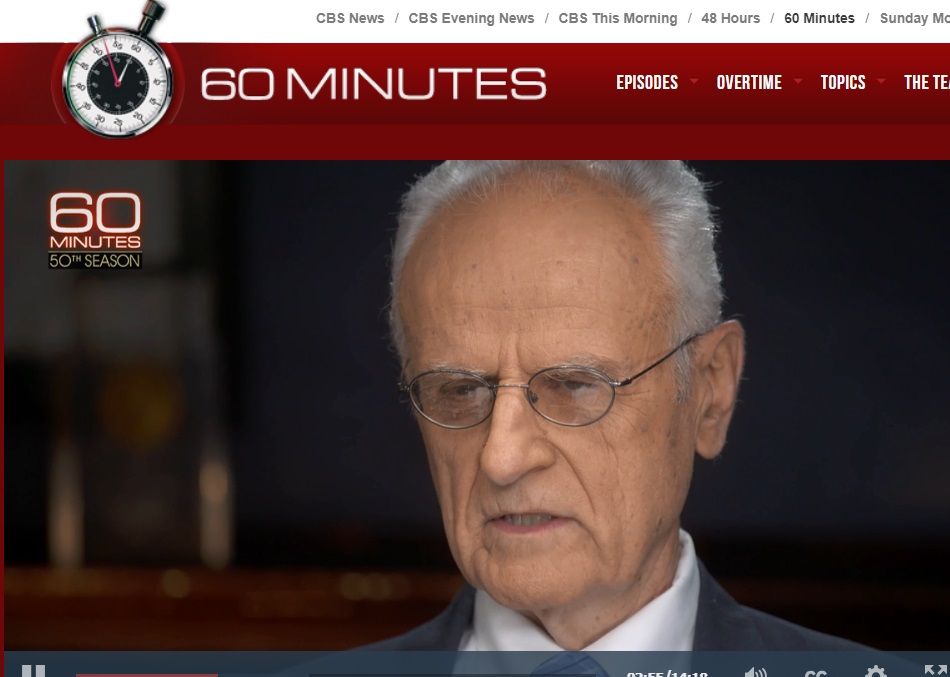
Check Out Our New Forum!
The Your Turn Forum provides a space where people can post questions about mesh and medical device related issues and get advice and support from the Mesh News Desk community.
Join the Discussion!
The piece concluded with the evidence that the network acquired Boston Scientific mesh kits currently on the market and they all matched the China-sourced mesh. The company had purchased enough raw material from China to supply gynecological mesh production for the next 30 years.
Sunday night on 60 Minutes, Boston Scientific ‘s acquisition of gynecological mesh resin, allegedly smuggled in from China and of questionable quality, was broadcast on the esteemed newsmagazine 60 Minutes.
The story brought to the forefront, the use of polypropylene mesh, which is the primary ingredient in all pelvic, hernia or gynecological mesh, not just those made by Boston Scientific.
Johnson & Johnson, American Medical Systems (Endo), C.R. Bard, Coloplast, all use polypropylene (PP) resin to make their gynecological mesh implants for incontinence and prolapse.
Doctors even today are still using polypropylene mesh and the medical society AUGS (American Urogynecological Society) even refers to a PP mesh sling as the “gold standard.”
This story serves as a wake-up call to women everywhere who are being told “the mesh today is different,” which is today the talking point doctors use to talk women into have a mesh implant.

Duane Priddy: "I can't, in my wildest imagination, imagine anybody that's knowledgeable in the science of plastics ever deciding that it was appropriate to use polypropylene in the human body. It's well known that it’s oxidatively unstable."
Boston Scientific denied 60 Minutes an interview for the segment, but did issue a statement on its website. See it here.
It calls the report “irresponsible and misleading” and one-sided and “out of context.”
Calling the 60 Minutes piece “completely false claims” based on ”outdated and previously disproven allegations first made by attorneys in 2016.”
The company insists it uses rigorous testing to show its resin matches “a formulation from the original U.S.-produced resin.”

Ironically, Boston Scientific uses the argument that polypropylene mesh has been used for more than 50 years in hernia repair. Mesh News Desk readers include a large number of patients who are also suffering after their polypropylene hernia mesh implant, estimated to be about 30% of patients implanted.
Boston Scientific says its mesh products contribute only one percent of annual sales to the company. To withdraw it from the market would leave women with “few options for these debilitating and often embarrassing conditions.”
AUGS the American Urogynecologic Society issued a statement prior to the airing of the 60 Minutes story (see it here) that does not address the issue of polypropylene, which it promotes as the "gold standard" but does point readers to a recent New York Times piece on the allegedly unnecessary surgeries some women are encouraged to undergo allegedly for profit.
The medical society expresses concern that the public will react with "another layer of anxiety," after viewing the 60 Minutes segment. ###
WANT TO COMMENT?
Please weigh in on the 60 Minutes segment with your additions, comments, criticism, your story and a warning to the women and men who are being told its just a "ribbon" or "sling" and the mesh is different.
Email:
60m@cbsnews.com
Facebook: